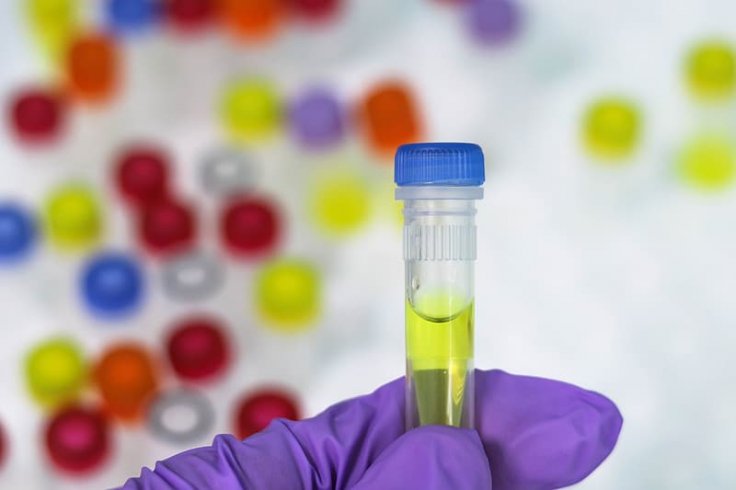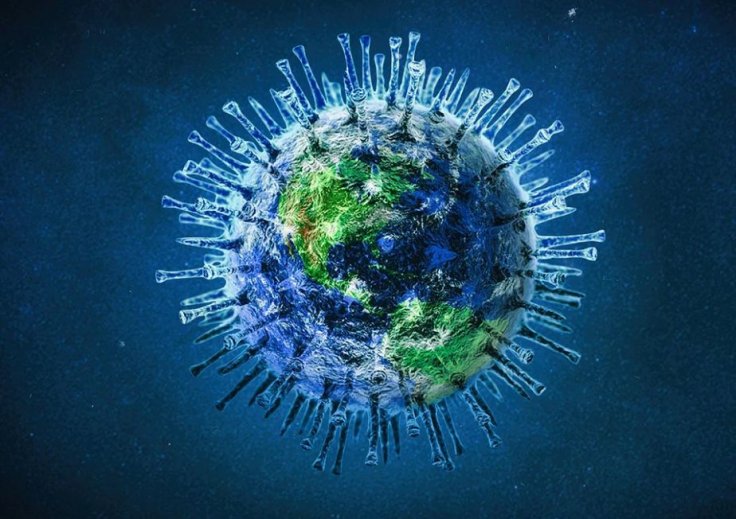Several pharmaceutical companies and research facilities across the world are working toward finding a cure or at least a viable drug that can be used to treat patients with COVID-19. In the midst of this, scientists are looking at existing treatments that can be repurposed to suit the coronavirus infection. Researchers from the University of Louisville (UofL) may have found one in an experimental cancer treatment.
According to the researchers, a novel cancer treatment technology based on synthetic DNA molecules known as 'aptamers' was found to prevent the coronavirus from "hijacking" a key human protein and replicating within the body.
The effort is a collaboration between Dr. Paula Bates, a Professor of Medicine at UofL, and Dr. Kenneth Palmer, director of UofL's Center for Predictive Medicine for Biodefense and Emerging Infectious Diseases (CPM).

What are aptamers?
They are synthetic short single-stranded DNA (ssDNA) or RNA (ssRNA) molecules that bind selectively to specific targets including carbohydrates, proteins, and live cells, among others. They are used for clinical and pharmaceutical purposes. Aptamers have been used against several disease-causing bacteria, and viruses such as influenza A and B, and SARS coronavirus (SARS-CoV), among others, in experimental medications and antibody treatments.
The aptamer forming a part of the current study is one that targets and binds with a multifunctional human protein known as nucleolin, which is said to play a role in the cell biology of cancer. It was discovered by three researchers at UofL—Paula Bates, Don Miller, and John Trent—who have employed it for different novel applications, most importantly as a potential treatment against multiple forms of cancer.
Application against the coronavirus
Upon learning about the new pathogen, Bates began trying to ascertain if her research could find an application against the coronavirus. "Like many scientists, as soon as I heard about the new coronavirus, I wanted to help and started to think about how my area of research might intersect with coronavirus research efforts," said Bates, in a statement.

Early results from proof-of-concept experiments conducted by Palmer showed that the aptamer exhibited a powerful response against the virus. This was at doses that have been proven to be safe in patients by previous research. The tests suggest that the aptamer may prevent the coronavirus from seizing control of nucleolin in order to replicate within the body. According to researchers, the drug will hopefully not cause any significant side effects.
Advantage of an existing treatment
Bates highlighted that the development of new drugs take years as it requires extensive testing, and proof of safety in humans, before finally testing on them. She also drew attention to the fact that a vaccine against the novel coronavirus was at least 18 months away from fruition.
Pointing towards the advantage that the existing aptamer technology has, she told WSMV, "Because this has already been tested in humans, in cancer patients and we would plan to use it and dose it in a very similar way for patients who have COVID-19 we're hoping we can kind of chop a lot of time off there."
Another advantage the university has is that it houses its Regional Biocontainment Laboratory, which is one of the only 12 regional, and two national biocontainment labs in the US, and the only one in the state of Kentucky. The lab also contains Biosafety Level 3 facilities built according to the most precise federal security and safety standards.

"As you can imagine not everybody is allowed to work with this new coronavirus. It's dangerous so it has to be done in specialized facilities so all of this work is being done in our BSL 3 biosafety level three labs," she added.
Seeking FDA approval
While the study shows promise, the researchers require the FDA's approval to commence clinical trials. The UofL seeks to expedite the development of the treatment and FDA approval is a vital step in the direction.
Expressing hope, Bates said, "But with the urgency of the current situation, the FDA are moving very fast, a lot of pharmaceutical companies are moving very fast and so we think we can get this into human clinical trials very quickly within months rather than years."









